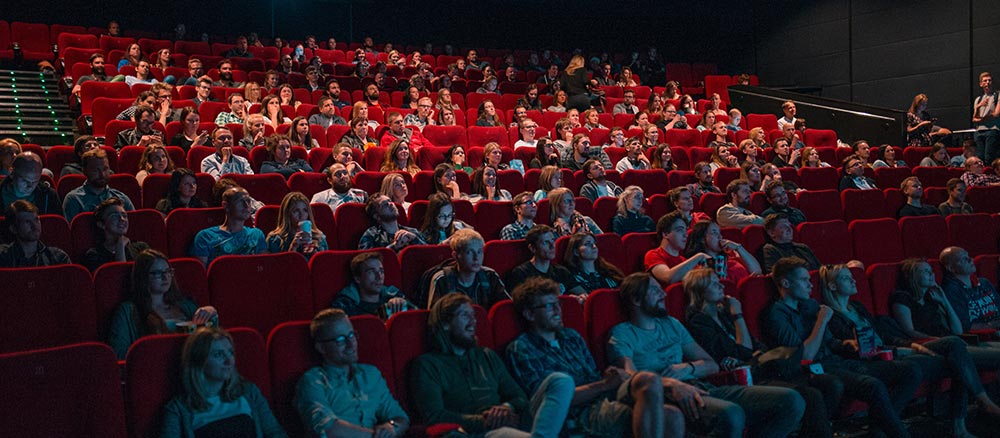
Representation Matters: The Importance of Diversity in Film Casting
In a world teeming with diverse stories and voices, it's high time the entertainment industry reflect this plurality. One of the areas that has been gaining increased scrutiny is the representation (or lack thereof) in film casting. The topic is not merely a trending hashtag; it's a cry for an authentic representation of the global community we live in. This article delves into why diversity in film casting is not just important, but essential for the art form and its audience.
The White Lens of Hollywood
For much of its history, Hollywood has been viewed through a predominantly white lens. The roles available for actors of color were often limited to stereotypes or background characters. Change has been slow but is now palpably accelerating, prompted by movements like #OscarsSoWhite and the widespread call for inclusivity in all sectors of society.
Beyond Tokenism
While some films include one or two characters from underrepresented groups, this often slips into the realm of tokenism rather than true representation. The aim shouldn't be to tick boxes but to present stories that offer diverse perspectives, brought to life by a cast that authentically represents these viewpoints.
The Impact on Audience
When children see themselves on screen in powerful roles, it expands their imagination and ambitions. It's not just about race; it's also about gender, sexual orientation, and other forms of identity. A cast that reflects diverse experiences allows for a more nuanced and enriching story.
The Global Box Office
It's not only morally right to feature diverse casts, but it's also good business. The global box office is increasingly contributing a larger share of a film's total earnings, and international audiences want to see themselves reflected on screen. Films like "Black Panther" and "Crazy Rich Asians" shattered the myth that movies led by actors of color cannot be global blockbusters.
The Pushback
While strides are being made, there is still pushback from those who argue that the best actor should get the role, irrespective of their background. This perspective overlooks systemic inequalities in opportunities available for actors from underrepresented communities. 'Colorblind casting' is often anything but.
The Road Ahead
With initiatives like inclusion riders and more production companies focusing on diverse storytelling, the path forward is promising but challenging. The goal should be a film industry where diverse casting is the norm, not the exception.
Representation in film casting is not a trendy subject to be forgotten once the next big headline takes over; it's an ongoing struggle for authenticity and equality. As moviegoers and as members of a global society, we must demand more from our storytellers. Inclusivity enriches our stories, deepens our empathy, and reflects the world in all its diversity.